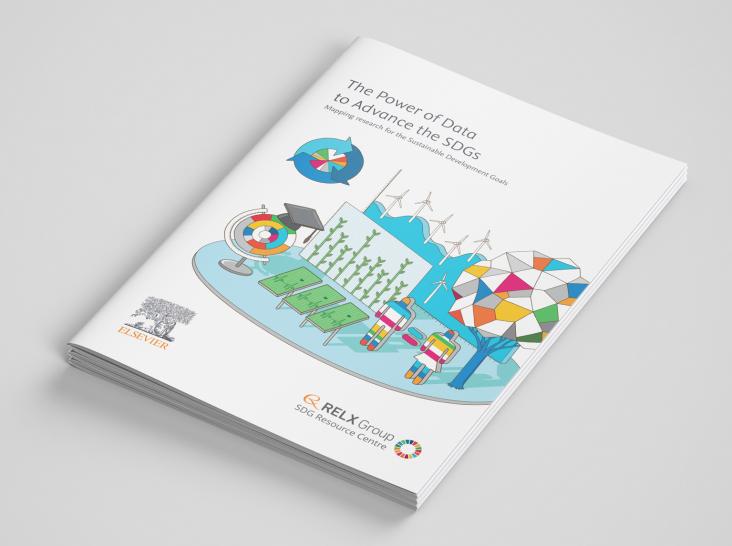Recent advances in Artificial Intelligence (AI) research have opened up new opportunities for leveraging AI research for societal impacts. AI research offers novel ways of tackling societal problems including environmental, health, and education challenges. Despite the potential, there are limited documented use cases and methodologies for translating AI research to societal impact at a large scale. This paper presents AirQo, an AI and advanced technology-driven use case for urban environmental pollution monitoring and modelling and the resulting societal impacts that have been realised.
Mxene-Based Hybrid Nano-Architectures for Environmental Remediation and Sensor Applications: From Design to Applications, Micro and Nano Technologies series, 2024, Pages 113-127



